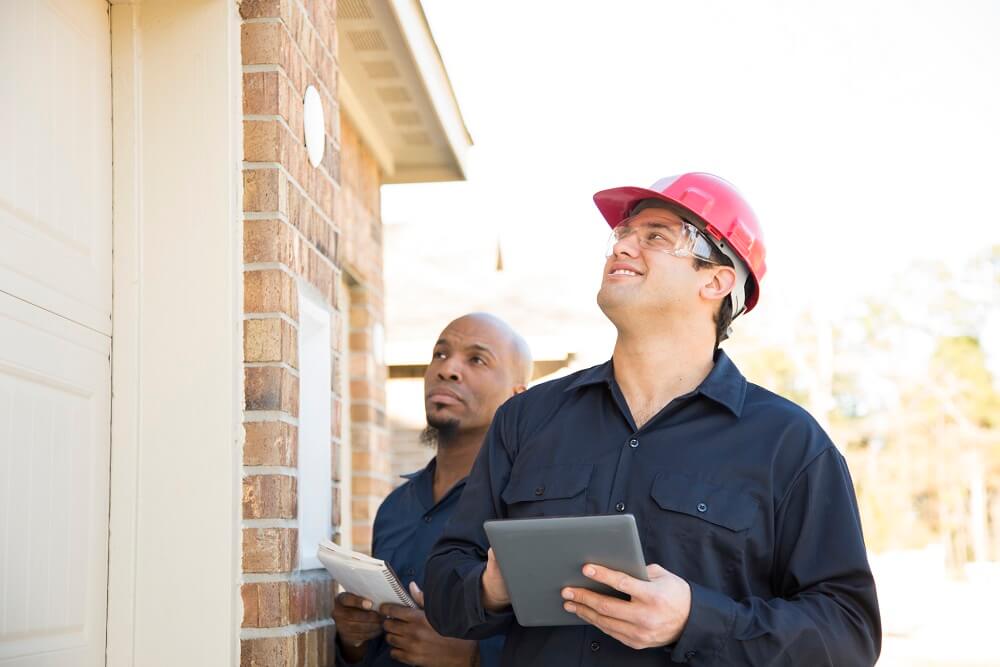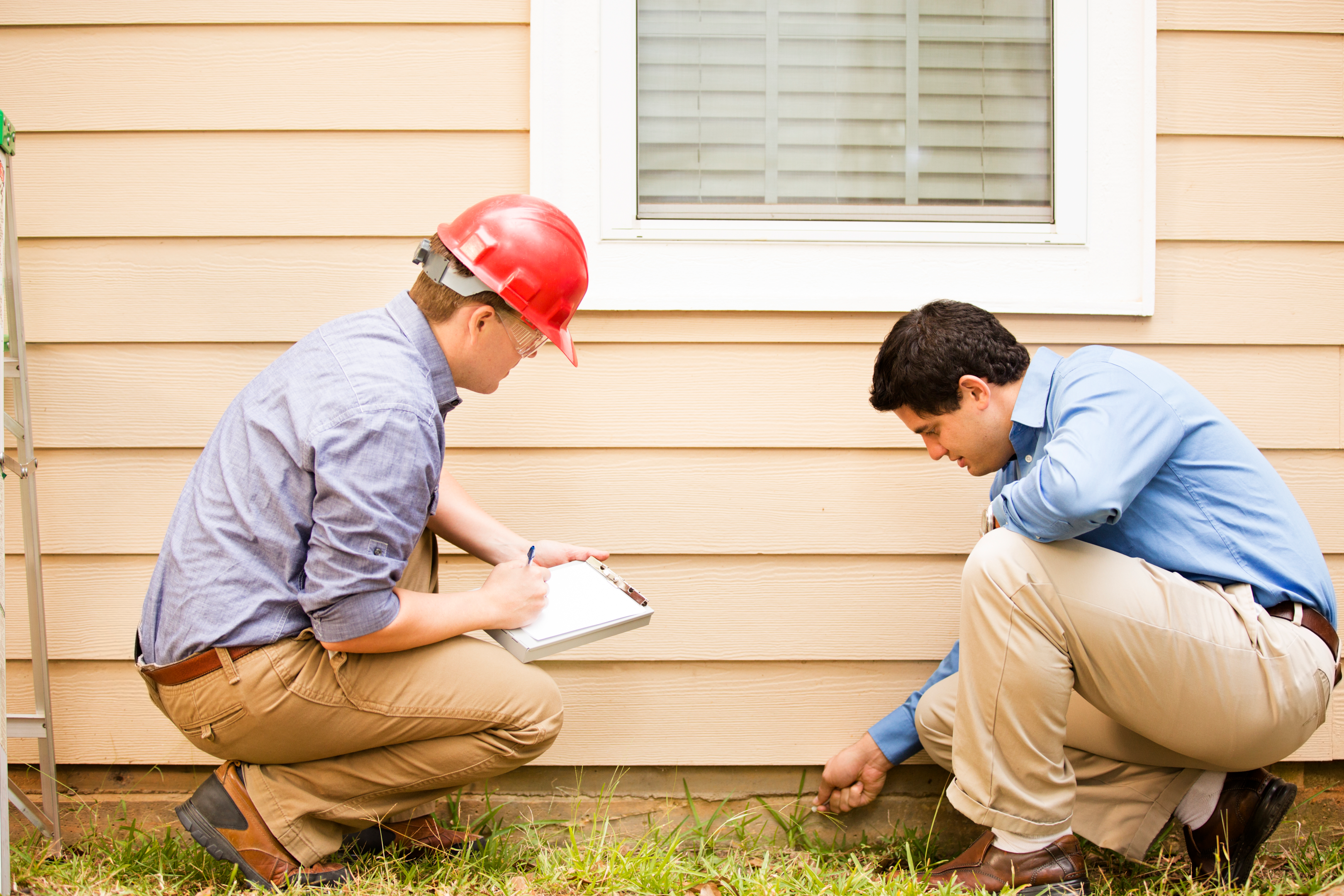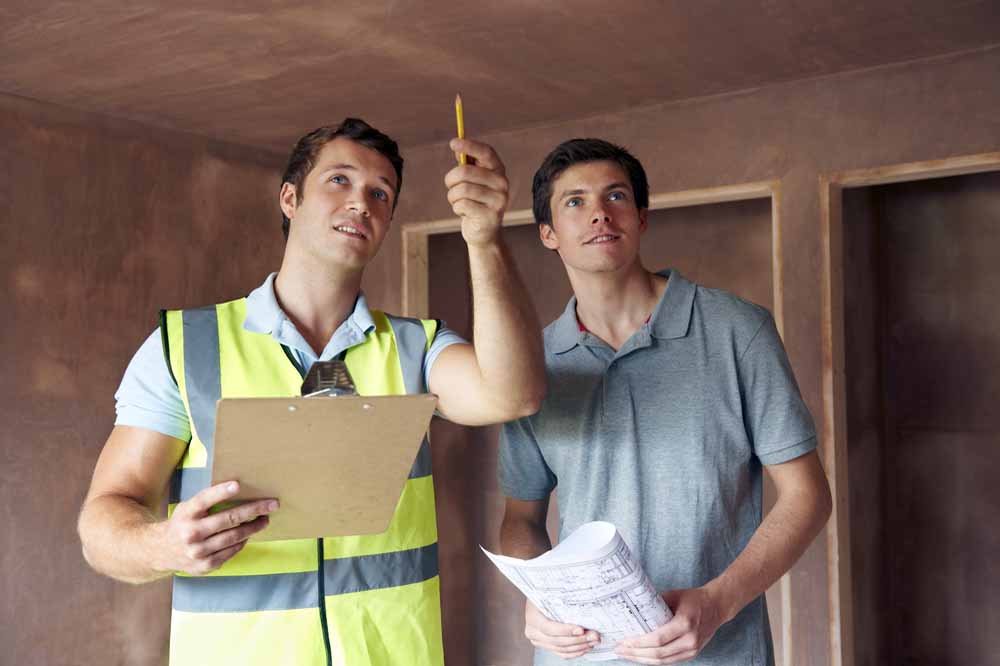All Categories
Featured
Table of Contents
Can A Buyer And Building Inspector Be Present At ... in Ballajura WA 2022
Prior to you buy a house, one of the things you ought to do is to have it took a look at by a expert home inspector. Yes, we can hear your objection: "Purchasing a house is pricey enough as it is! Why would I choose to shell out hundreds more if I'm not needed to?" In this post, we'll dive into what a home examination can reveal and whether it deserves working with an inspector as a home purchaser.
A thorough inspection is an important step in acquiring a house, and many loan providers will not use funding on a home without one. House examinations can reveal potentially life-threatening problems like mold or malfunctioning circuitry that could cause a significant fire. The majority of possible buyers have a seven-day window after a home evaluation to leave the purchase.
In brand-new house building and construction, evaluations normally cover:: Checking before the concrete is put (when poured, there's really little that can be corrected).: Checking the structure and mechanics prior to the drywall is laid.: A full walk-through is carried out of the completed home.
Access To Your Rented Home For Repairs And Inspections in Willetton WA 2022

The common examination lasts 2 to 3 hours, and you ought to be present for the inspection to get a firsthand explanation of the inspector's findings and, if required, ask questions. Any problems the inspector discovers will make more sense if you see them in individual rather of relying exclusively on the photo photos in the report.
While it is difficult to note everything an inspector could inspect for, the following home examination checklist for purchasers need to provide you a basic concept of what to expect. The inspector will finish a full assessment of the outside of the structure. This will consist of climbing up into any crawlspaces under the house and utilizing a ladder to reach and check the roofing and other products.
Nevertheless, the bug inspector (yes, you may want to engage one of those too), not the home inspector, will examine for real damage from termites, etc. The inspector will let you know which problems are cosmetic and which could be more serious. If the foundation is not noticeable, and it normally is not, the inspector will not have the ability to examine it directly.
7 Key Reasons To Have A Home Inspection Before You Buy in City Beach WA 2022
The inspector will examine for locations where roofing damage or poor installation could permit water to enter the home, such as loose, missing, or poorly secured shingles and broken or harmed mastic around vents. They will also inspect the condition of the rain gutters. House inspectors do not typically need to check particularly for termite damage, mold, asbestos, or water contamination.
The inspector will likewise complete a comprehensive examination of the interior of the home. The home inspector will examine all faucets and showers, look for visible leakages and test the water pressure.

The inspector will take a look at your heating and cooling system to approximate the age of the heating system and air conditioning unit, determine if they operate correctly, and suggest repair work or upkeep. An inspector can also provide you a concept of the age of the house's ducting, whether it may have leaks, if your house has enough insulation to minimize your energy expenses and whether there is any asbestos insulation.
Local Authority Vs Independent Building Inspector in Mundijong Oz 2022

The inspector will also let you understand what sort of condition it remains in and offer you a general idea of how numerous years it has left. The inspector will sometimes check kitchen home appliances that feature the home to make sure they work, but these are not constantly part of the evaluation.
The inspector will ensure the laundry room is effectively vented. A badly kept dryer-exhaust system can be a serious fire risk. If the house has actually an attached garage, the inspector will make certain the wall has the correct fire ranking and hasn't been harmed in any way that would jeopardize its fire score.
The inspector will inspect for noticeable leaks, properly secured toilets, adequate ventilation, and other issues. If the restroom does not have a window or a ventilation fan, mold and mildew can end up being problems, and moisture can warp wood cabinets over time.
Before You Buy That House, Watch How A Home Inspection Can ... in Koondoola Australia 2021
A home inspector only assesses the home's condition for overall safety or possible difficulty spots, like a leaking roofing, peeling paint, or anything not up to the regional structure code. A house assessment can't determine everything that might be wrong with the property; it only look for visual hints to issues.
Table of Contents
Latest Posts
Home Inspection Checklist: What Do Home Inspectors Look ... in Bicton Australia 2020
When Should A Building Inspector Visit? in Dianella Oz 2022
Can A Buyer And Building Inspector Be Present At ... in Byford WA 2021
More
Latest Posts
Home Inspection Checklist: What Do Home Inspectors Look ... in Bicton Australia 2020
When Should A Building Inspector Visit? in Dianella Oz 2022
Can A Buyer And Building Inspector Be Present At ... in Byford WA 2021